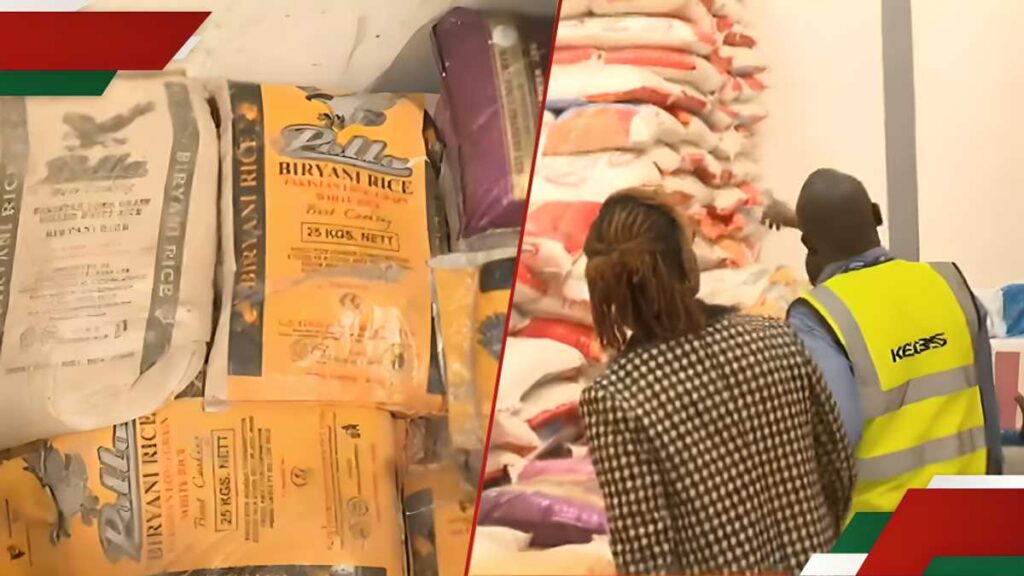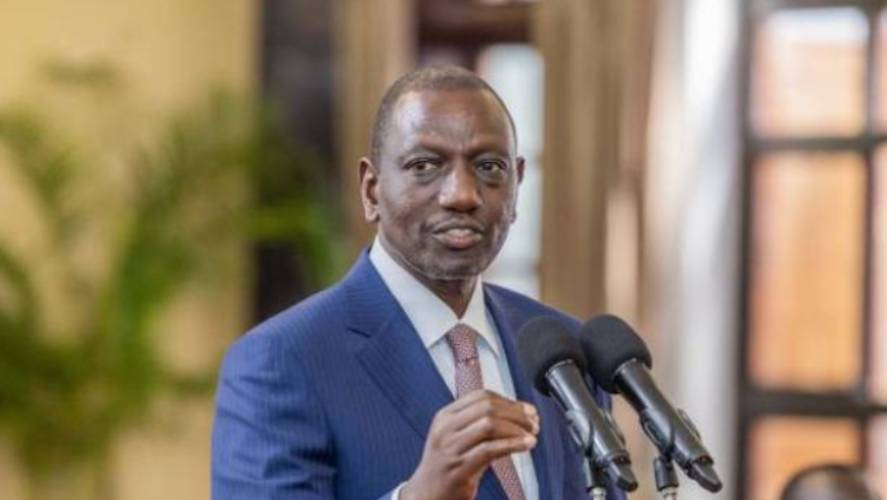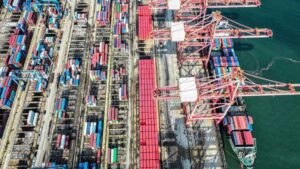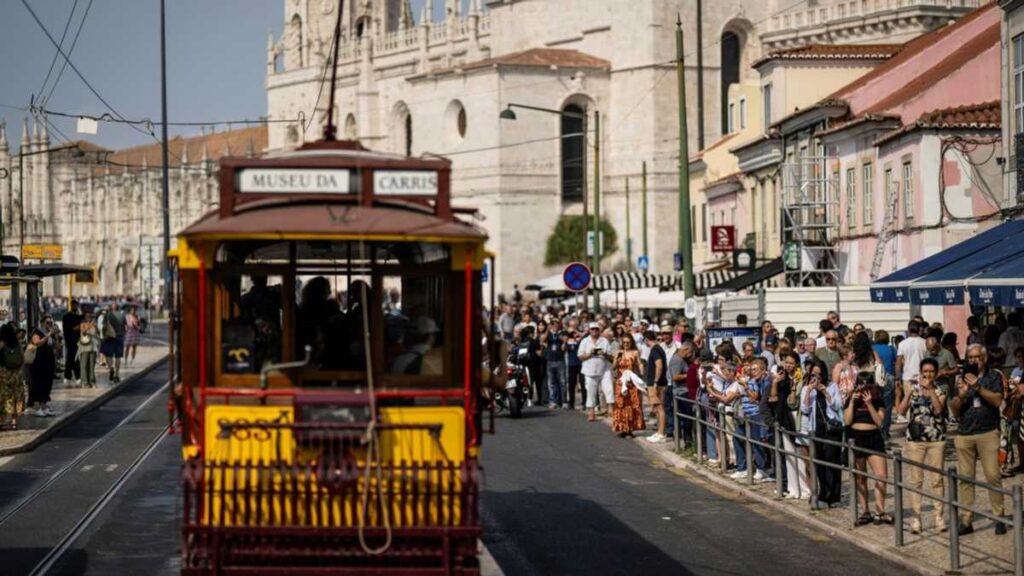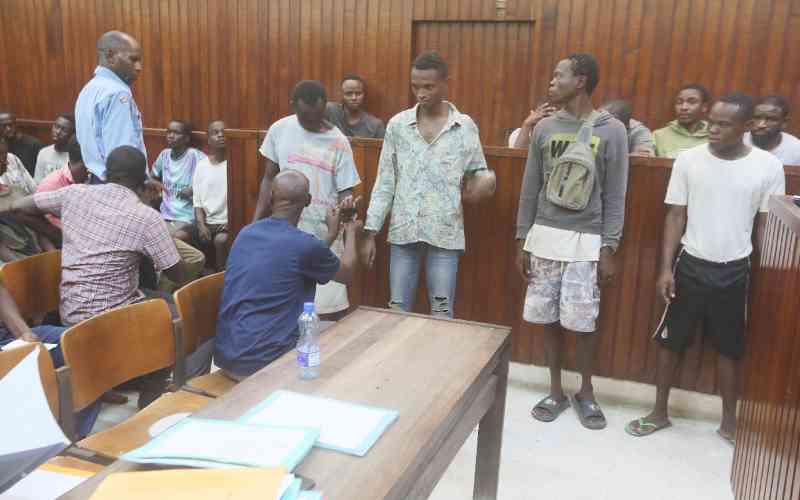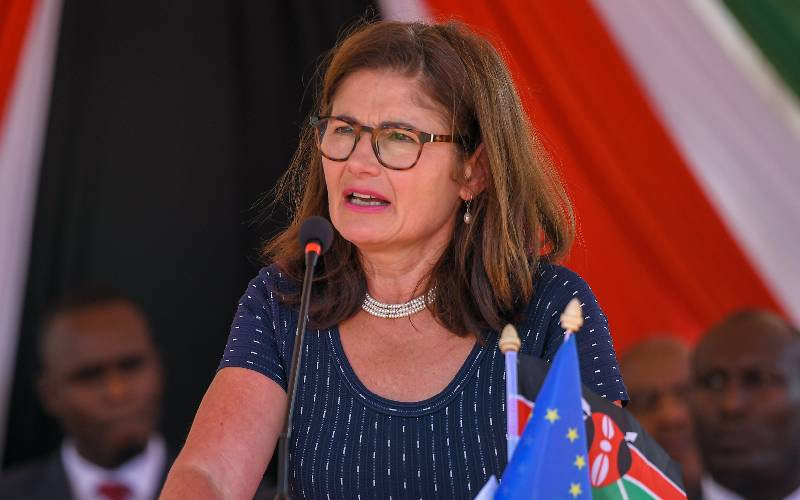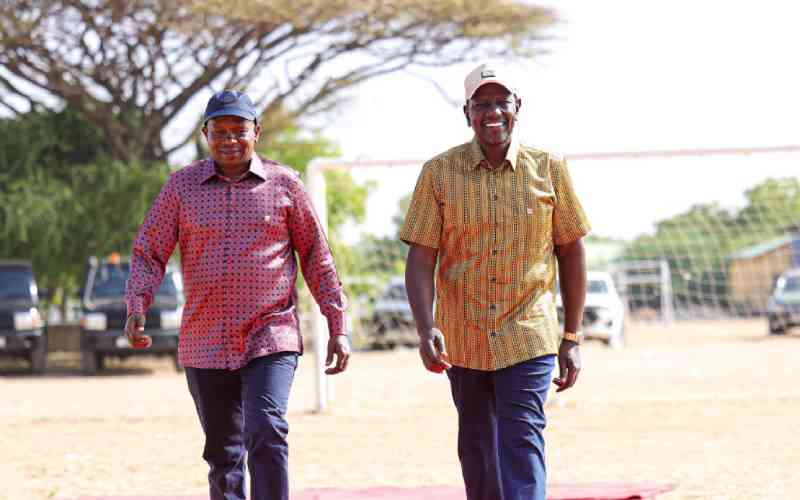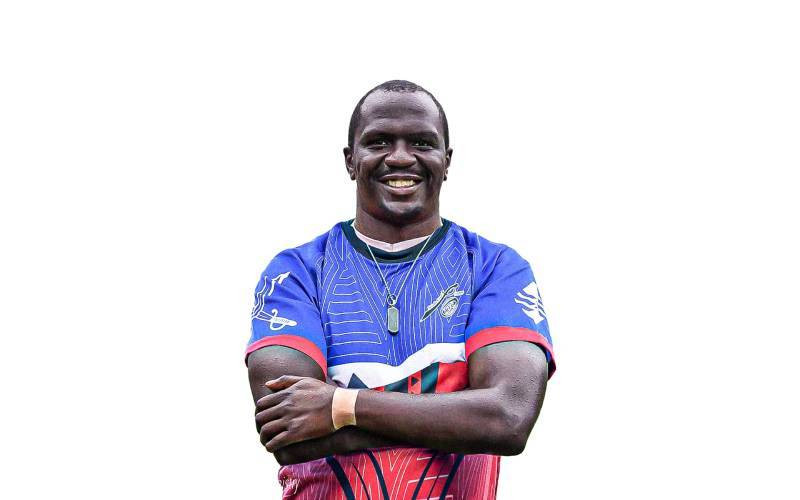- KEBS seized 15,000 kg of suspected tainted rice, which had been circulating in the market since May and was hidden behind sacks of flour
- The rice owner, Ashok Masala, defended the rice, claiming it passed health checks and criticising KEBS for not conducting proper testing
- Masala insisted that only a few bags were problematic and expressed frustration over the seizure, questioning the actions of KEBS and public health officials
- The warehouse manager, Martin, explained the rice had been stored behind other goods for space utilization, not to hide it from authorities
Education is Your Right! Don’t Let Social Norms Hold You Back. Learn Online with TUKO. Enroll Now!
Didacus Malowa, a journalist at TUKO.co.ke, brings over three years of experience covering politics and current affairs in Kenya.
Nairobi – Following a Kenya Bureau of Standards (KEBS) operation, authorities in Nairobi’s Embakasi seized 15,000 kg of suspected tainted rice.
Read also
Westlands MP Tim Wanyonyi donates relief supplies to fire victims in Dallas Kangemi

Source: UGC
The rice, which had been stored at a local warehouse, was discovered hidden behind sacks of flour and had been circulating in the market since May.
KEBS’ counterfeit and quality control officers raised the alarm after identifying the unsafe rice in a routine check.
PAY ATTENTION: TUKO Needs Your Help! Take our Survey Now and See Improvements at TUKO.co.ke Tomorrow
The rice had reportedly been stored for several months before being distributed in 453 bags, each weighing 25 kilograms.
Of the seized stock, about 3,000 kilograms (129 bags) had already been sold to unsuspecting Kenyan consumers.
Why did rice owner defend his goods
The discovery sparked controversy when the rice owner, Ashok Masala, CEO of Anytime Limited, denied the allegations and defended the quality of the rice.
Masala insisted that the rice had passed all required health checks and claimed that only a few bags were problematic.

Read also
Governor Sakaja considering to launch new manifesto before 2027: “Hii tunamalizana nayo”
He further criticised KEBS for declaring the rice unsafe, claiming that proper testing had not been carried out.
“We purchased legally, we paid for it and then we are sitting on it. We found the rice looks bad we asked them to collect it back and then replace it with a good rice. Now they want to carry with the rice. Now public health and then KEBS and counterfeit all three have different views on this rice. I am here just to watch what you guys are going to do with my rice,” Masala stated.
While KEBS maintained that the rice was unsafe for consumption, the warehouse manager, Martin, offered a different explanation.
He insisted that the rice had not been hidden but was stored behind other goods simply for space utilisation.
According to Martin, the rice had not been sold in months, disputing claims that it was being hidden from government officials.

Read also
Rigathi Gachagua pleads with Kindiki not to end fight against alcohol in Mt Kenya: “Imeanza kurudi”
“In a warehouse, there is what we call space utilisation. Because the rice was not being sold we cannot put it on the front; dispatch area so we need to put it behind other goods. So it was not hidden, it has not been sold for many months as the director has said. I can attest it was not hidden,” Martin said.
Source: TUKO.co.ke








